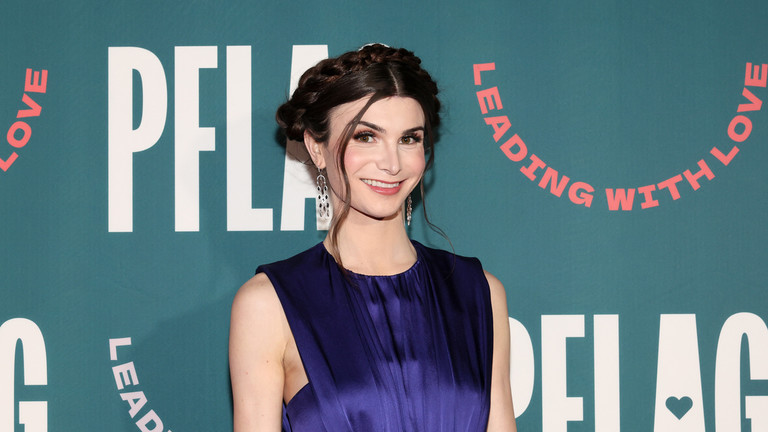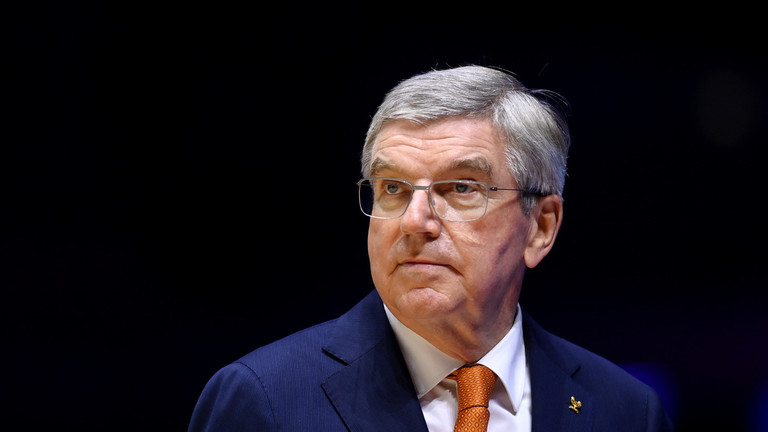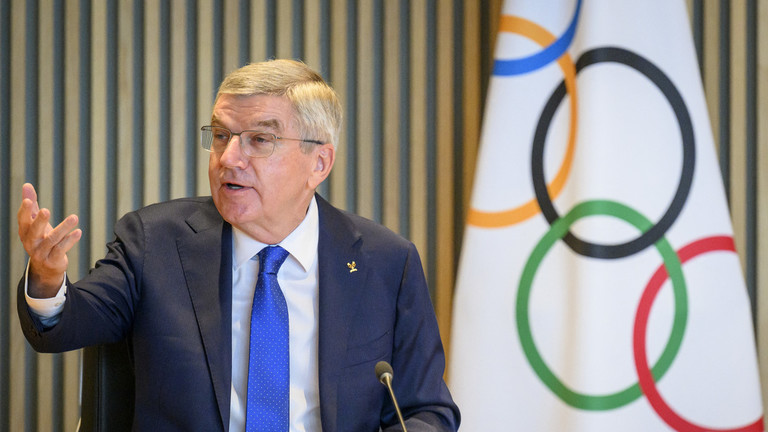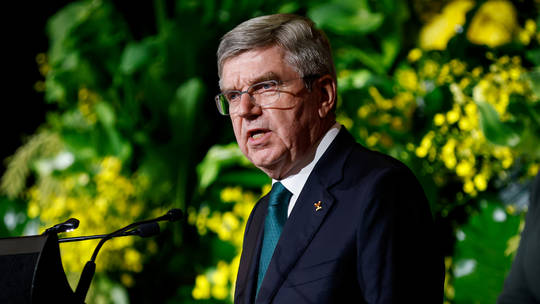The World Anti-Doping Agency (WADA) is poised to extend a ban on the medicinal use of cannabis in various sports into 2023 in spite of campaigners who protested the suspension levied upon American athletics star Sha’Carri Richardson last year, reports in the US have stated.
The decision is set to be confirmed later in September, according to the Wall Street Journal, and will likely see athletes who fall under WADA’s scope of influence subject to bans should they test positive for the substance while in competition.
However, this comes amid increased scrutiny on cannabis’ influence on sports as it becomes legal in more markets and its use for both medical and recreational purposes amongst athletes, while studies have suggested that the substance has only negligible performance-enhancing properties.
WADA, which is the chief drug-testing authority for the Olympics and numerous other sports events and leagues, had pledged to conduct a review into cannabis continuing to be cited as a banned substance following outcry at the suspension handed down to Richardson last year which caused her to miss the Tokyo Olympics in 2021.

IOC responds to drug-banned US sprinter’s claim about Valieva racial bias
Richardson, 22, had previously tested positive for chemicals contained within cannabis – something she said was down to her attempting to deal with the death of her mother one week before the beginning of the Olympic trials.
More recently, the February arrest of American basketball star Brittney Griner in Moscow for allegedly carrying vials of cannabis oil into the country (where cannabis remains illegal) has led to a lengthy jail sentence, but also reopened the debate as to what role, if any, cannabis should or can play in sports.
Griner, a two-time Olympian, had been prescribed the use of the substance by her doctor in the US.
Cannabis campaigners, though, will see a glimmer of light that the substance may escape inclusion on the 2023 banned list, even after it was noted by WADA’s Prohibited List Expert Advisory Group that it meets the criteria to be outlawed, given the fact that the draft list for 2023 remains informal until WADA confirms it later in September.
“The draft 2023 Prohibited List is still under consideration,” a spokesperson for WADA said.
“WADA’s Executive Committee will be asked to approve the final version of the List during its 23 September meeting, with the List itself being published on or before 1 October and coming into force on 1 January.”

Cocaine ban revealed for Russian basketball star
WADA’s apparent hardline stance on cannabis appears to differ somewhat from the United States Anti-Doping Agency’s (USADA) opinion on the matter, after it stated last year that “rules concerning marijuana must change.”
In that letter it was noted that had Richardson been a UFC fighter, she would have still been permitted to compete given that her use of cannabis was not done for intentional performance-enhancing reasons. The UFC is overseen by USADA and does not follow the WADA code.
“For almost a decade, USADA has advocated for WADA to change its approach to marijuana so a positive test is not a violation unless it was intentionally used to enhance performance or endangers the health or safety of competitors,” USADA CEO Travis Tygart said.
But while USADA does not make – or even sometimes agree – with WADA’s rules, it is obliged to enforce them as a signatory to the WADA code.
US Representative Alexandria Ocasio-Cortez, meanwhile, is also a prominent critic of suspensions being handed to athletes for recreational cannabis use, and has called the rules as they stand “a significant and unnecessary burden on athletes’ civil liberties.”

 NEWS5 months ago
NEWS5 months ago
 NEWS5 months ago
NEWS5 months ago
 NEWS5 months ago
NEWS5 months ago
 WAR5 months ago
WAR5 months ago
 FINANCE5 months ago
FINANCE5 months ago
 INVESTMENTS5 months ago
INVESTMENTS5 months ago
 FINANCE5 months ago
FINANCE5 months ago


























